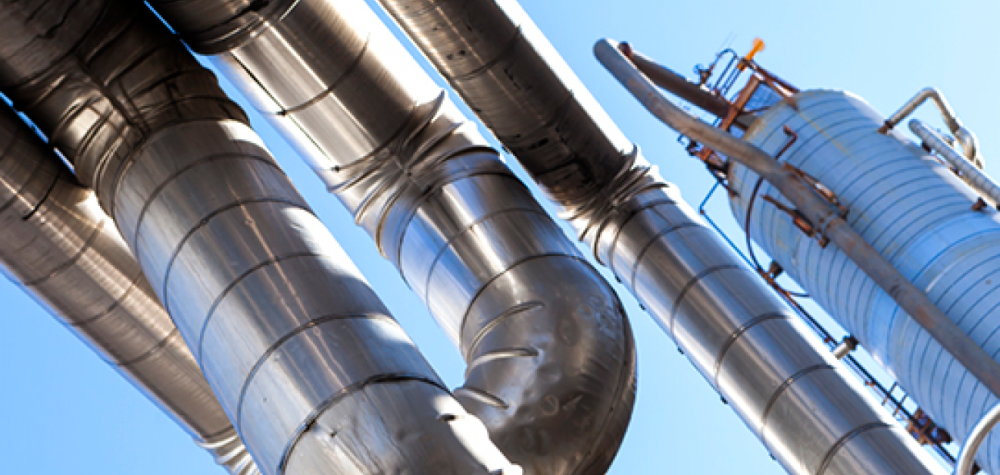The group’s last meeting this year comes against the backdrop of falling crude prices as fresh Covid-19 lockdowns and restrictions in China — the world’s second-largest economy and top crude importer — weigh heavily on investor sentiment.
Brent crude, the benchmark for two-thirds of the world’s oil, is down roughly 10 percent since the October 5 meeting, when the Opec+ decided to slash collective output by 2 million barrels per day amid concerns over a global economic slowdown.
The Opec+ has reportedly changed its plans for the meeting to be an online event now, which investors see as a sign that no major output decision will be taken this time.
The gathering had been scheduled to be conducted in person in Vienna.
“It wouldn’t come as a surprise for Opec+ to hold off on this occasion and wait until everything becomes clearer on the price cap and China,” said Craig Erlam, senior market analyst at Oanda.
“Nor would it be alarming for the alliance to wait a couple of extra days for details on the cap … this may be why they’ve opted for a virtual meeting as it offers moreflexibility.”
EU governments have so far failed to agree on a price cap as Poland and several other countries insist on a cap lower than the Group of Seven advanced economies’ proposal of $65 to $70 a barrel.
“The EU proposed price range is higher than the currently discounted Ural price and is seen to have no major impact on supply,” Abu Dhabi Commercial Bank said in a research note.
“Uncertainty remains over whether an agreement will be reached before the kick-in of EU sanctions on Russian oil or the Opec+ meeting.”
An EU embargo on seaborne Russian crude exports is expected to come into effect on December 5 — a day after the Opec+ meeting — along with the price cap.
UBS, which expects oil to rebound to $100 a barrel in the coming months, said markets would be tight given that crude oil stocks in the Organisation for Economic Co-operation and Development countries are at an 18-year low.
Source:qatar-tribune.com/
